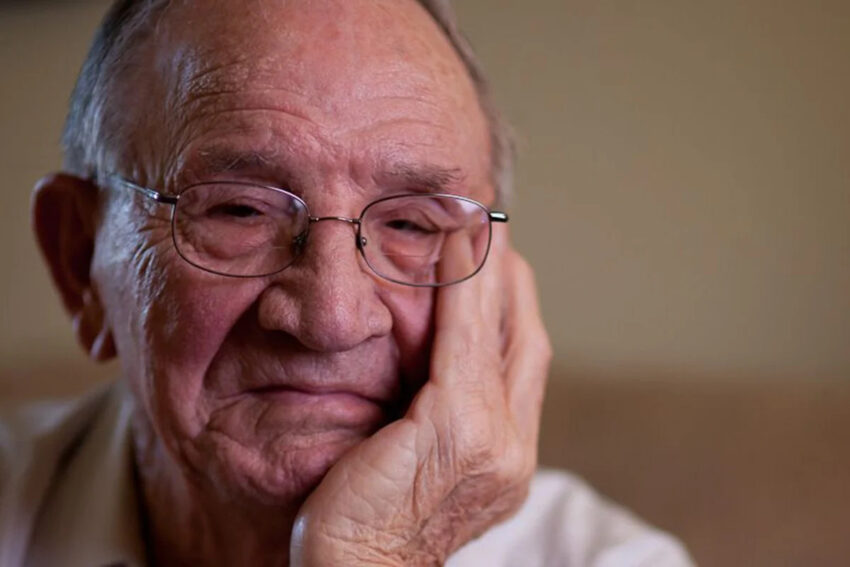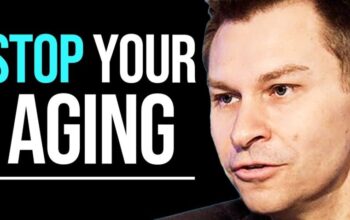Aging is an inevitable natural process that affects everyone, and while it may bring some wisdom and experience, it also brings along changes in the body that can affect our physical and mental health. Many people wonder when they will start to feel the effects of aging, and the truth is that it varies from person to person. In this article, we will explore when you can expect to feel the effects of aging, as well as the factors that can influence the onset of these effects.
What is Aging?

Before we dive into when we start to feel the effects of aging, let’s first understand what aging is. Aging is a complex process that involves a gradual decline in our body’s ability to repair and regenerate tissues. This decline can lead to various changes in the body, including wrinkles, gray hair, and a decrease in muscle mass, among others. While aging is a natural process, it can be influenced by various factors, such as genetics, lifestyle, and environmental factors.
Factors that Influence Aging
As mentioned earlier, various factors can influence the onset of aging. Let’s take a closer look at some of these factors:
Genetics
Genetics plays a significant role in the aging process. The genes we inherit from our parents can affect the rate at which we age. For example, if our parents had wrinkles at an early age, we are more likely to have them too.
Lifestyle
Lifestyle factors such as diet, exercise, and smoking can also influence the onset of aging. A poor diet lacking in nutrients and antioxidants can accelerate the aging process. Regular exercise can help keep the body healthy and slow down the aging process. Smoking, on the other hand, can lead to premature aging and other health problems.
Environmental Factors
Environmental factors such as pollution, exposure to the sun, and stress can also affect aging. Exposure to the sun’s harmful UV rays can cause wrinkles and age spots, while stress can lead to premature aging and other health problems.
When Do You Start to Feel the Effects of Aging?
While the aging process begins at birth, we do not typically start to feel the effects of aging until we reach our 30s or 40s. At this point, the body’s ability to repair and regenerate tissues starts to decline, and various changes start to occur. Some of these changes include:
Wrinkles and Fine Lines
Wrinkles and fine lines are some of the most noticeable signs of aging. They typically appear on the face, neck, and hands, and can be caused by factors such as genetics, sun exposure, and smoking.
Gray Hair
As we age, our hair follicles start to produce less melanin, the pigment that gives our hair its color. This can lead to gray hair.
Decreased Muscle Mass
As we age, our muscle mass begins to decrease, and we may start to feel weaker and less agile.
Decreased Bone Density
Bone density also starts to decrease as we age, which can lead to osteoporosis and an increased risk of fractures.
Memory Loss and Cognitive Decline
As we age, we may also experience memory loss and cognitive decline. This can be caused by various factors, such as genetics, lifestyle, and environmental factors.
Conclusion
Aging is a natural process that affects everyone, and while it may bring some wisdom and experience, it also brings along changes in the body that can affect our physical and mental health. The onset of these changes varies from person to person, and they can be influenced by various factors such as genetics, lifestyle, and environmental factors. Understanding these factors and their impact on the aging process can help us take steps to slow down the aging process and maintain our health and well-being.




